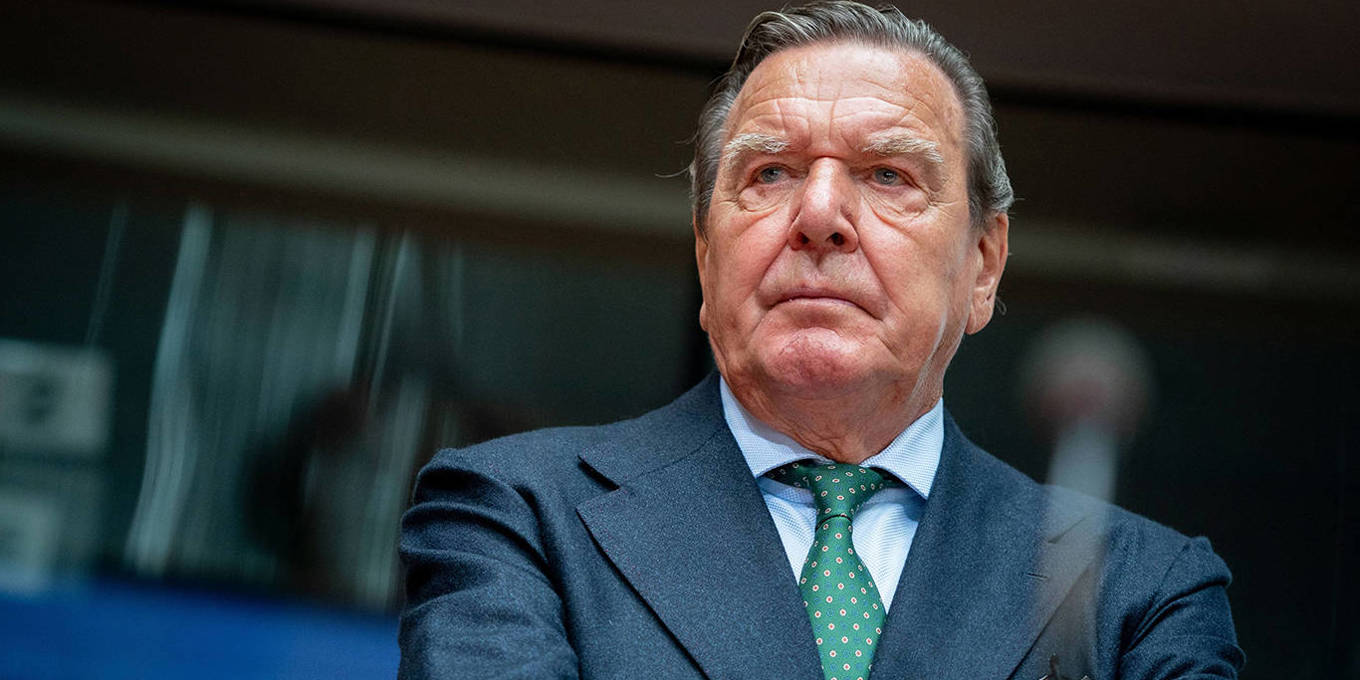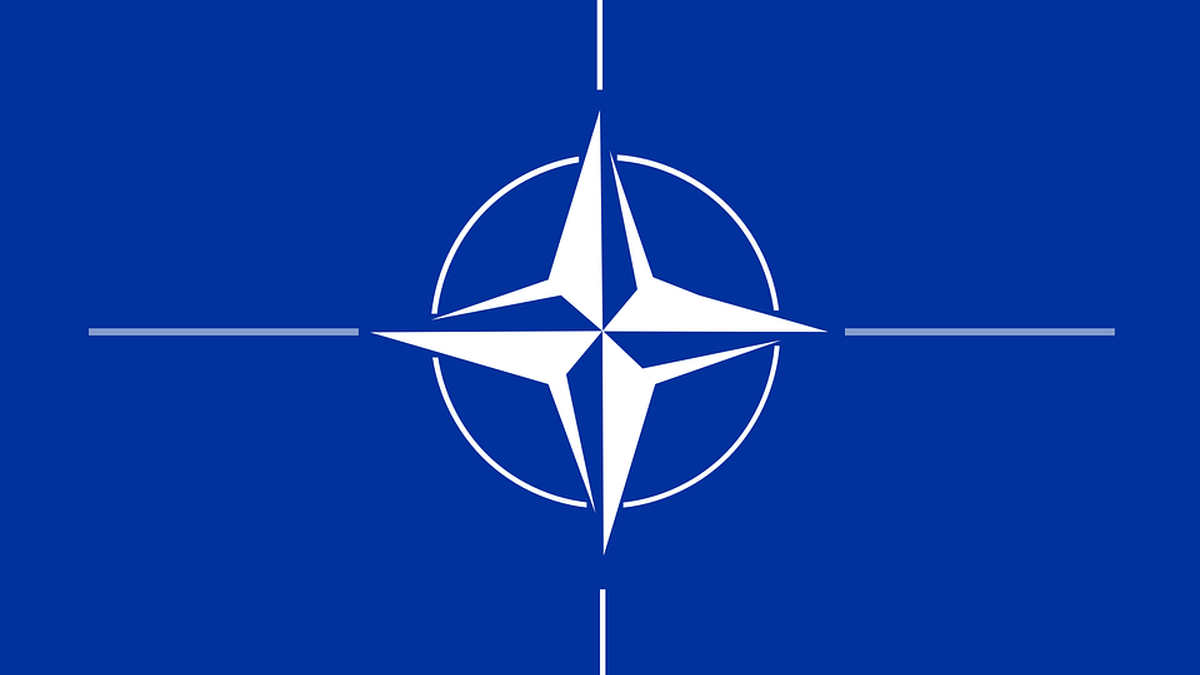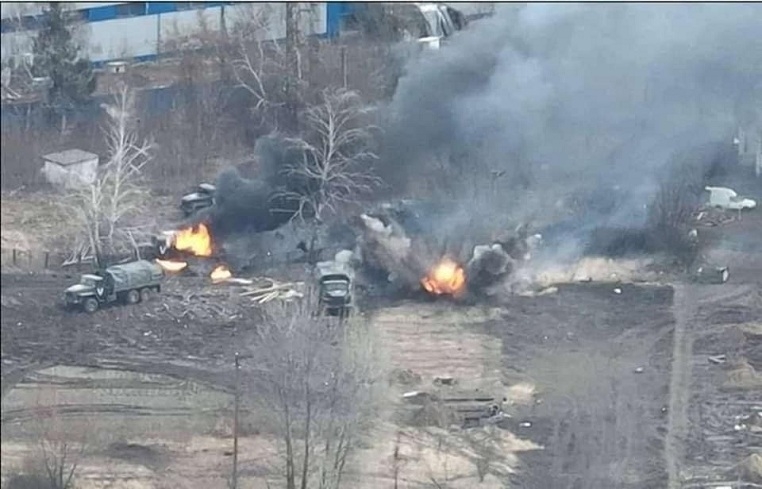By joining the boards of Russian energy companies, which benefited from decisions he made as chancellor, Gerhard Schröder clearly broke the trust of Germans. Why do politicians still get away with the behavior that corporate fiduciaries know how to avoid?
NEW YORK — Three months after Russia launched its second war against Ukraine in a decade, former German Chancellor Gerhard Schröder has finally resigned from his post as chief executive of Russian state-owned oil conglomerate Rosneft. But while Schroeder has held the post since 2017, his involvement in Russia’s lucrative energy sector is far older and even more chilling.
On September 8, 2005, Schröder, while still Chancellor, signed an agreement with Russian President Vladimir Putin on the construction of a natural gas pipeline under the Baltic Sea. Because the project would allow the Kremlin to cut off natural gas supplies to Ukraine, Poland and the Baltic states, it was controversial from the start.
Worse, Schröder lost the 2005 federal election to Angela Merkel just ten days later. She became chancellor at the end of November, and less than three weeks later Schroeder was offered a board position at Gazprom, the Russian state-owned gas giant tasked with building and operating the pipeline. Despite violent counter-reactions at home and abroad, Schröder did not hesitate to accept the offer.
Register now to continue reading.
As a registered user, you can enjoy more PS content every month – for free.
to register
or
Subscribe now for unlimited access to everything PS has to offer.
Already have an account? log in




